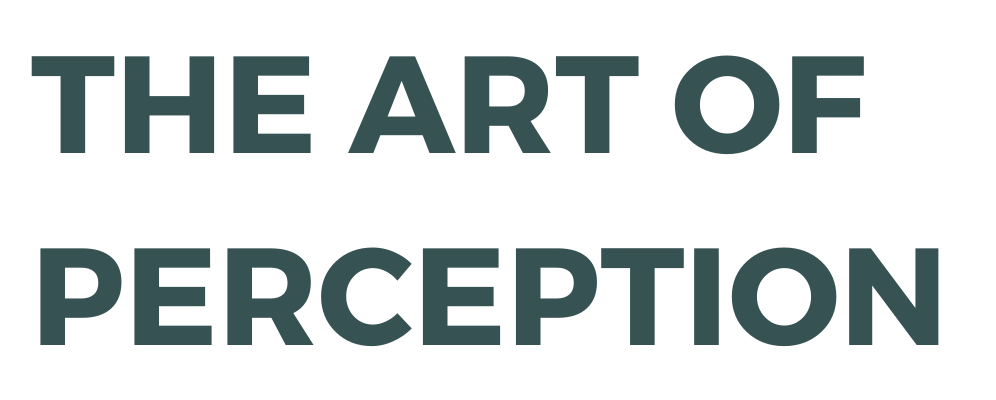Mirror Play for Grown-ups
Mirror Play
Who is the person behind your mirror? What are those silent words that are said back to you when you reflect on what you see? Are those words complimentary? Or do they barrage you with comments that suggest you don’t look quite right, you are weak, stupid, or simply not good enough? If a close friend said any of these negative things which you say to yourself, would they still be your friend? Would you accept it? If not, then why would you put up with it from yourself?
There are a multitude of studies and research centred around the benefits of mirror play on young children’s development. Mirror play helps develop self-awareness, emotional security, and self-regulation. If you are a parent or have ever played fondly with a baby you may have experienced the delight of a young face when they see their reflection in the mirror. There is no judgement, no criticism, and no disgust. Their experience is one of awe, delight, and fascination.
From six months, babies start to interact with the face behind a mirror by smiling, babbling, or touching the glass. By 16 months babies can start to recognise their reflection and they may begin to imitate and react visibly to what they see. They will start to play with sounds, facial expressions, body movements and may even kiss themselves in the glass as a gesture of acceptance.
On the way throughout childhood, children continue their relationship with mirrors, regularly checking in with themselves when they are looking for reassurance or self-acceptance. By the time they become teenagers however, and their mobile phone camera becomes a valuable portable addition to the mirror, something shifts. The self-acceptance and reassurance is now being challenged by self-criticism and negative talk. Depending on their home and peer environment, this negative talk can emerge even sooner. By the time we become young adults, the mirror (or camera) can become a way to abuse ourselves, to highlight all the imperfections and flaws, and to programme unkind messages and taunts, that we would simply not accept from anybody else.
So today, I urge you to go to the mirror and pause, and see what comes up for you… Is your self-talk complimentary and encouraging? Or are you making unnecessary judgments on yourself? Spend 2-5 minutes just looking and listening.
If you discover that your inner critic is being very vocal, perhaps you see that blemish, those grey hairs starting (or continuing) to sprout, that extra bit of weight you can’t shift, or maybe you just think this exercise is rubbish. Stay with it for a while and then announce to yourself “I love you and I accept you”. What does that feel like?
Keep saying it over an over again, and listen to what you hear back. Some people cry or feel really uncomfortable doing this, so when you hear yourself say “I can’t do this”, “this is ridiculous”, “What is the point”, stick with it and repeat “I love you and I accept you”. When you feel ready, go about your day, but if you see your reflection at any point through the day, repeat the statement again “I love you and accept you” and move on. Continue this exercise daily, or whenever you your see a mirror. Perhaps when brushing your teeth, or if you are applying make-up, shaving, or perhaps drying your hair.
Studies have shown that regularly affirming positive statements can literally change the structure of the brain and reprogram a person’s perception of themselves. So ask yourself, do you love and accept all parts of you when you look in the mirror? Do you look at yourself with the same eyes as you did when you were a toddler, in awe, delight, and fascination? If not, try exploring some mirror play and see what happens ;-)



